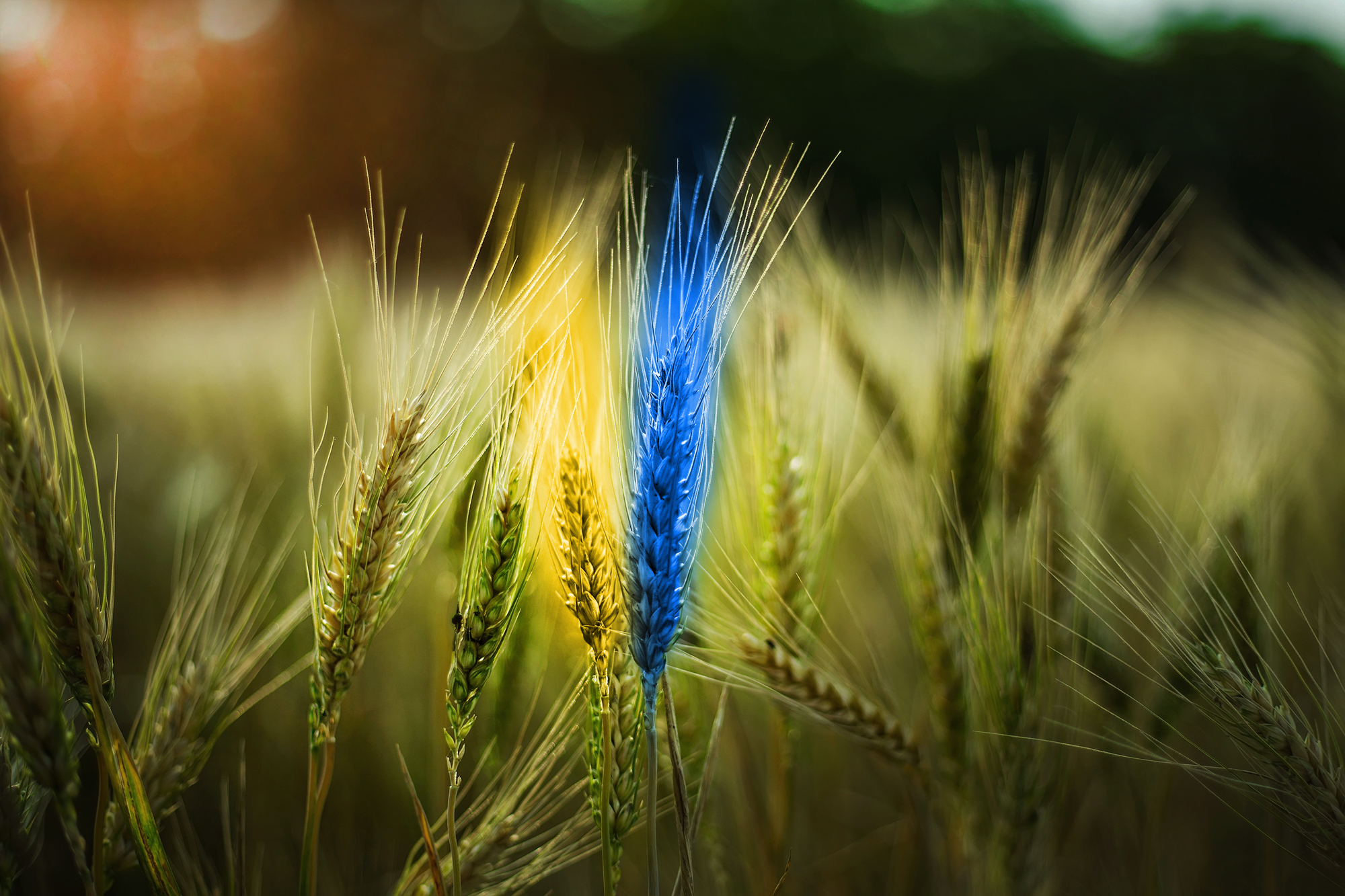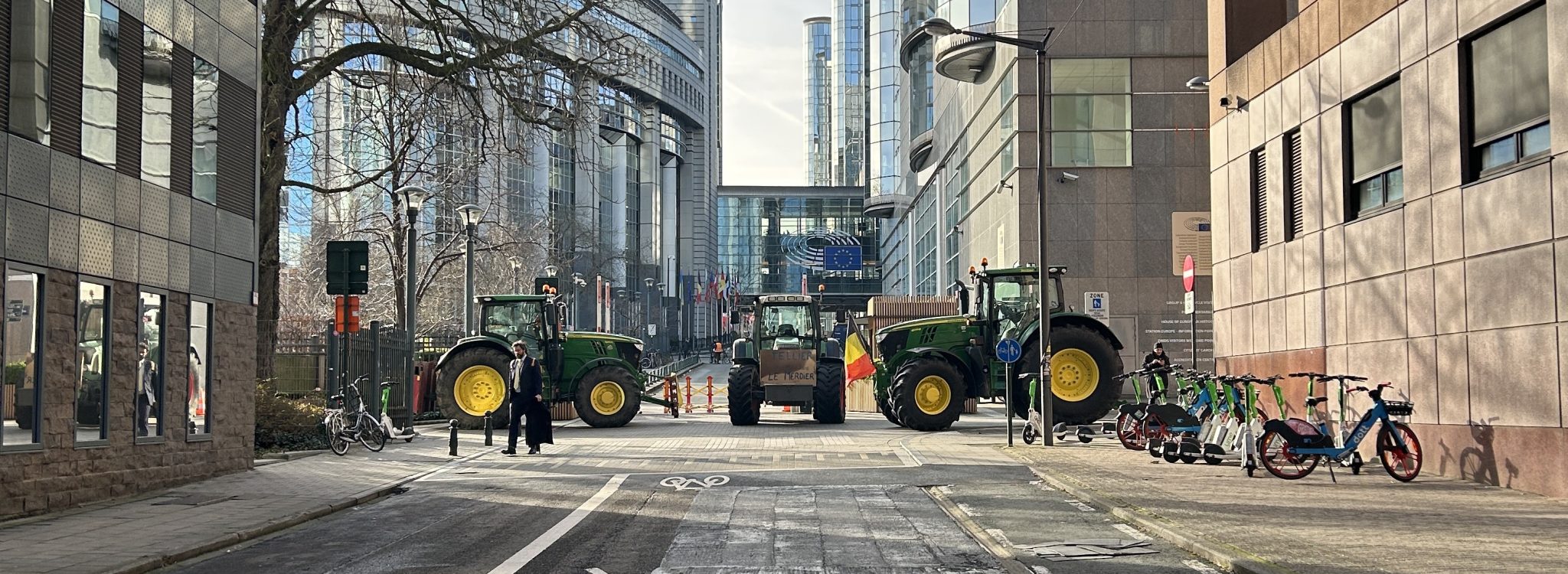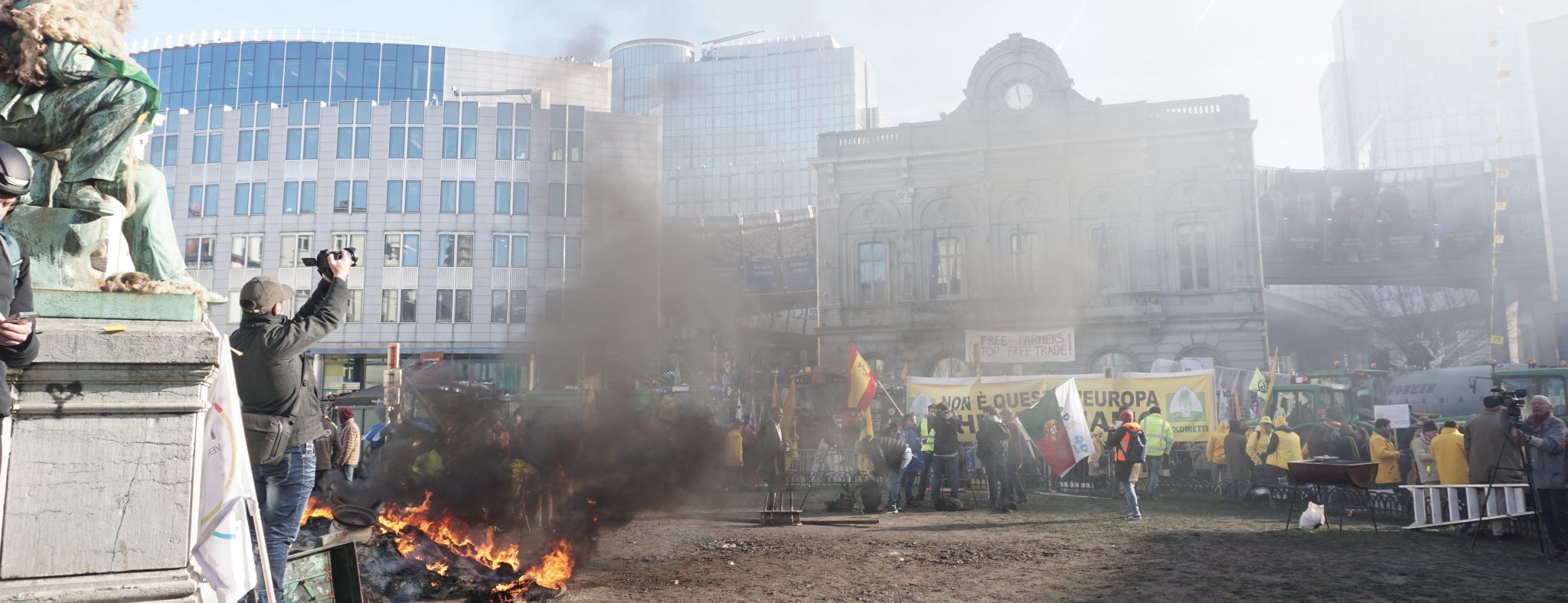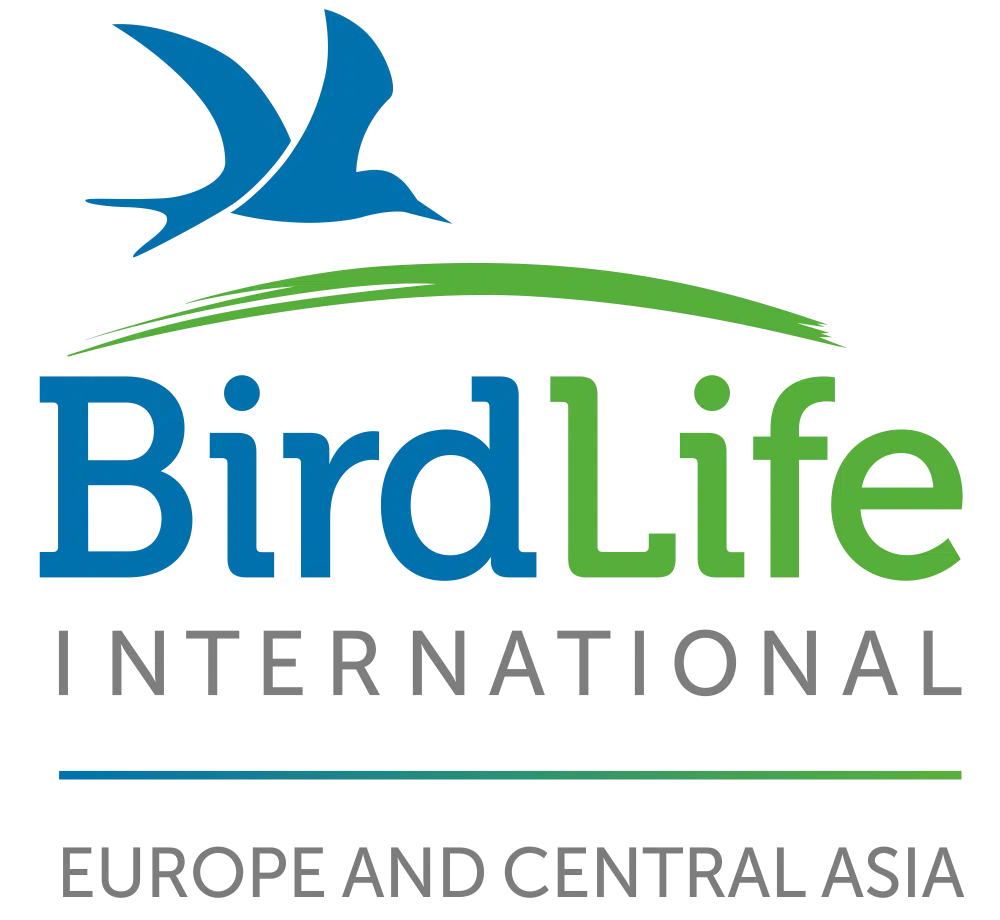Farmers are in an abusive relationship with farm lobbies…can they get out?
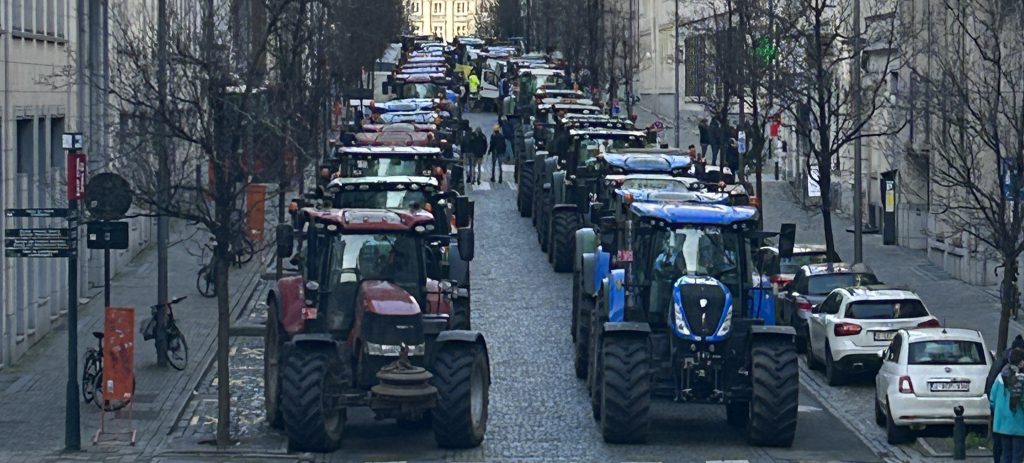
Some relationships may have problems every now and then, but others are downright toxic. Case in point: behind the scenes, plenty of farmers are caught in a downright abusive relationship with powerhouse farm lobbies. Here’s everything you need to know about this twisted tale.
Red flags all over
In your country you might know them as Coldiretti (Italy), FNSEA (France), DBV (Germany) or BoerenBond (Belgium). On European level, these agri-cooperatives come together under COPA-COGECA. They like to make you believe that they are the voice of all farmers and have their best interests at heart. But actions speak louder than words, and looking back, something is just not sitting right.
Advocating for larger barns, expanded livestock operations, and the acquisition of costly machinery, COPA-COGECA has perpetuated a model of agriculture that is both financially and environmentally unsustainable. They have a track record of opposing any green initiatives at European level and vehemently defend the “bigger your farm, the bigger your subsidy” model, prioritizing short-term gains over long-term sustainability. Seemingly, they are denying the nature and climate crises, while farmers and their yields are the ones hit hardest by the ever-increasing disasters like floods and droughts. If it wasn’t for the influence of these powerful lobbies and the EU’s acquiescence to their demands, farmers wouldn’t be grappling with the dire situation they are facing today, including mounting costs and diminishing profits.
Putting a price on love
By promoting capital-intensive farming practices, the farm lobby has further tightened its grip on the agricultural sector, placing small-scale farmers at a disadvantage, as they often prioritize environmentally friendly practices.
A notable example can be found in Belgium, where the financial arm of Boerenbond holds 11% of KBC’s shares, the country’s second-largest bank, along with interests in over 70 companies. Farmers can get attractive loans from KBC, but these are contingent upon maintaining a specific amount of livestock, encouraging farmers to expand their operations. Boerenbond justifies its financial involvement by saying it is crucial to protect the interest of farmers, so why does it seem like they are prioritising corporate profits instead?
And while farmers take to the streets demanding better pay, we can see that the problem isn’t the cash-flow in the agricultural sector, but rather who the cash is flowing to. There’s a significant wage gap between the leaders of the big farm cooperatives and the average farmer. For instance, according to a 2020 report by Mediapart, the former director general of FNSEA in France earned €13,400 gross per month, surpassing even the French Minister of Agriculture. Furthermore, the former President of FNSEA, who worked only three days a week, earned in one month what an average farmer makes in a year! This stark wage disparity highlights the ever-increasing disconnect between agricultural ‘leaders’ and the farmers and farm workers they claim to represent. It’s clear that the farm lobby does not really care about the financial wellbeing of farmers. No, their only priority is what earning can be generated around the farmer.
Gaslighting us all
In a recent investigation by Lighthouse Reports and Politico, COPA-COGECA admitted to inflating its membership figures. They officially claim to represent over 22 million European farmers and their family members, but upon being pressed on the topic, they have admitted that it’s rather an aspiration than the true number. On top of that, their memberships have been dropping since 2016. Not all farmers’ unions support the organization. For example, the Association of Private Farming of the Czech Republic (APF CR) left COPA in 2021. And some national associations never joined in the first place. Still, by claiming they represent all farmers, COPA-COGECA gets a seat at the table at the most powerful decision-making tables in their national countries, and at EU-level.
Breaking free
But the cracks are starting to show in the approach of big farm lobbies. The recent farmer protests seem to be orchestrated by grassroots movements, destabilizing the affiliates of COPA-COGECA. In Italy, small scale farmers are increasingly disillusioned with Coldiretti, accusing the organization of prioritizing its own interests and advocating for policies that primarily benefit large agri-industries.
According to Lighthouse, many small and young farmers do not see technology as a solution and believe Europe needs to transition away from intensive agriculture that is heavily dependent on pesticides and fertilizers. They argue that the focus should instead be on protecting the biodiversity farmers desperately need in order to grow food in the first place. But with more than just a finger in the pie, COPA-COGECA still influence the EU to favour the biggest, most destructive, and highest income generating farms.
Same script different cast
Positioning themselves as the voice of farmers (haven’t heard that one before!), conservative and far-right parties are capitalizing on the outrage of farmers to advance their own agendas. Green rules are being named as one of the key reasons for farmers’ dire situation. But the truth is that the EU’s efforts to put in place tangible measures to address the pressing environmental challenges identified in the Green Deal fall short on what is needed and demanded by scientists, despite being a first step in the right direction. Of the Farm to Fork Strategy, originally designed to promote fair, healthy, and environmentally friendly food systems, less than half of the promised food policies have been published. And of the policies that are in place, there are lingering questions regarding their implementation.
In recent months, we have watched in horror as the Pesticide Regulation Law was withdrawn and the Common Agriculture Policy (CAP) was stripped of its vital environmental measures. The whole process to remove the environmental safeguards from the CAP, such as the obligation to dedicate space for nature on farms, took just one month. This move clearly fail to address the real issues, like the unfair distribution of CAP subsidies, and is mostly in the interest of big farmers.
It’s time for farmers to put an end to this abusive relationship once and for all. Nature is their saving grace, the only true ally they have. But with their narcissistic and aggressive mindset, we can see how far agri-lobbies are willing to step in the way of true love. They are out to destroy nature, destroy farmers, and destroy our planet, and they will laugh all the way to the bank while doing it.
Written by Caroline Herman
You might also be interested in:
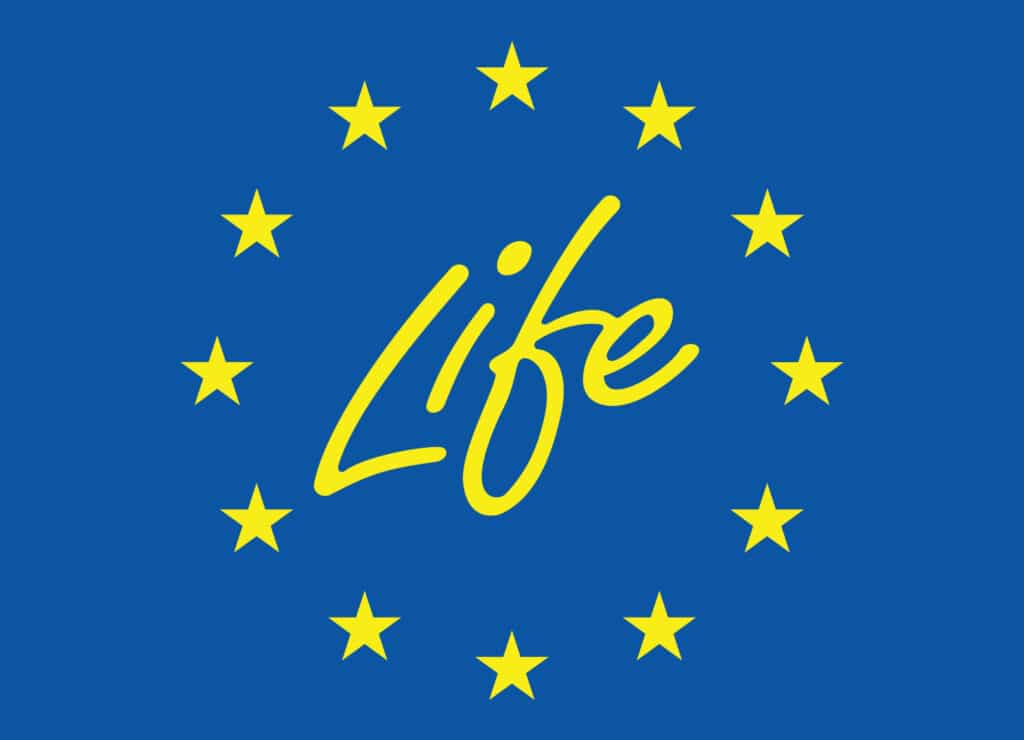 | Stichting BirdLife Europe gratefully acknowledges financial support from the European Commission. All content and opinions expressed on these pages are solely those of Stichting BirdLife Europe. The European Commission is not responsible for any use that may be made of the information it contains. |
